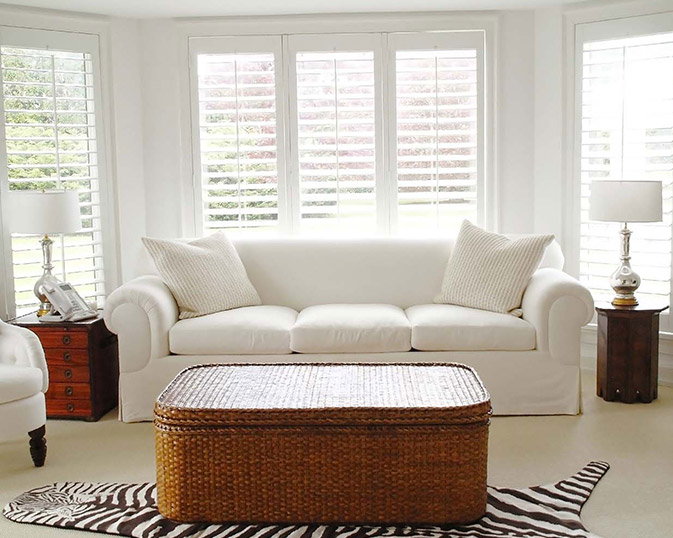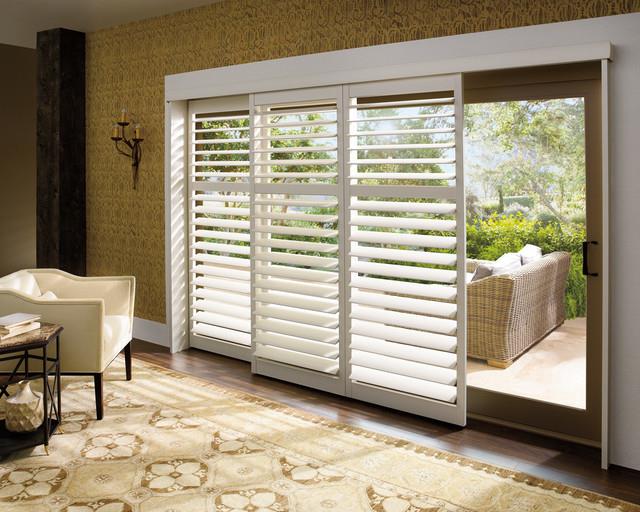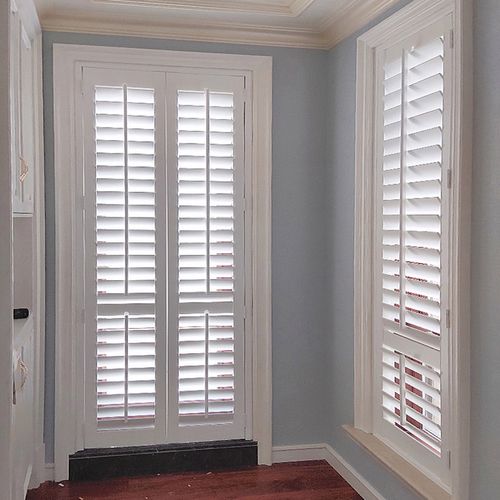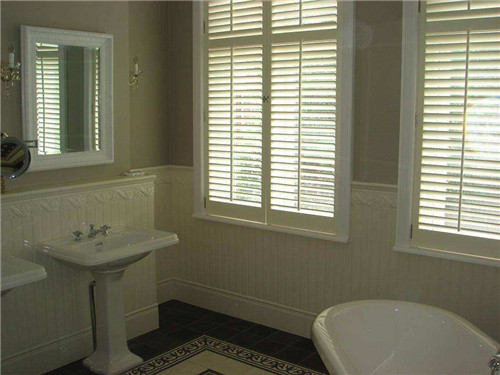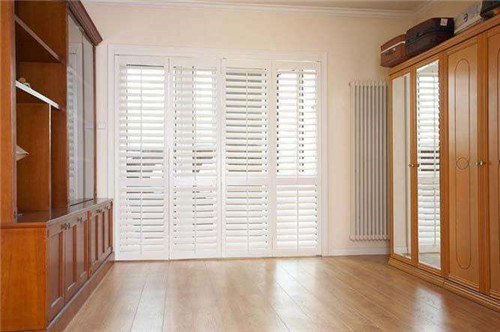
In summary, the advantages of breathable windows include:
- Superior light control and privacy: They offer adjustable louver structures that allow users to control the amount of light entering a room while maintaining privacy.
- Weather protection: Breathable windows are designed to withstand adverse weather conditions such as rain and dust, providing an extra layer of protection for your home.
- Excellent ventilation and lighting: The adjustable louvers enable air circulation and natural light penetration, making them energy-efficient by reducing the need for artificial lighting and air conditioning.
- Sound insulation and UV protection: These windows provide some level of sound insulation and can shield interiors from harmful UV rays, thereby preserving furniture and other interior elements from fading.
- Durability and longevity: Despite being heavier and less flexible than blinds, breathable windows have a longer lifespan due to their robust construction.
When selecting breathable windows, consider the following tips:
- Ensure the quality of the build: Check for the tightness of joints, smooth operation when sliding up or down, and avoid products with potential noise or rough movement issues.
- Material durability: Opt for breathable windows with solid pressure steel rivets for better durability and stability.
- Safety certifications: Verify if the glass used in the window has 3C safety certification to ensure it meets quality and safety standards.
- Manufacturer reputation: Research the manufacturer's credibility, professionalism, and after-sales service. Look at their past projects, especially large-scale installations, and read reviews and testimonials from previous customers to gauge the product's performance and reliability over time.

 marketing@kendecorblinds.com
marketing@kendecorblinds.com 